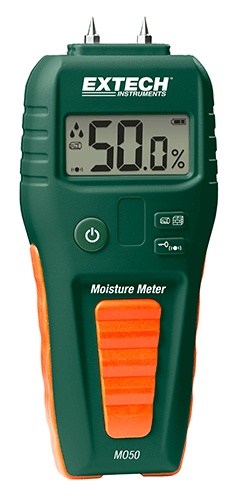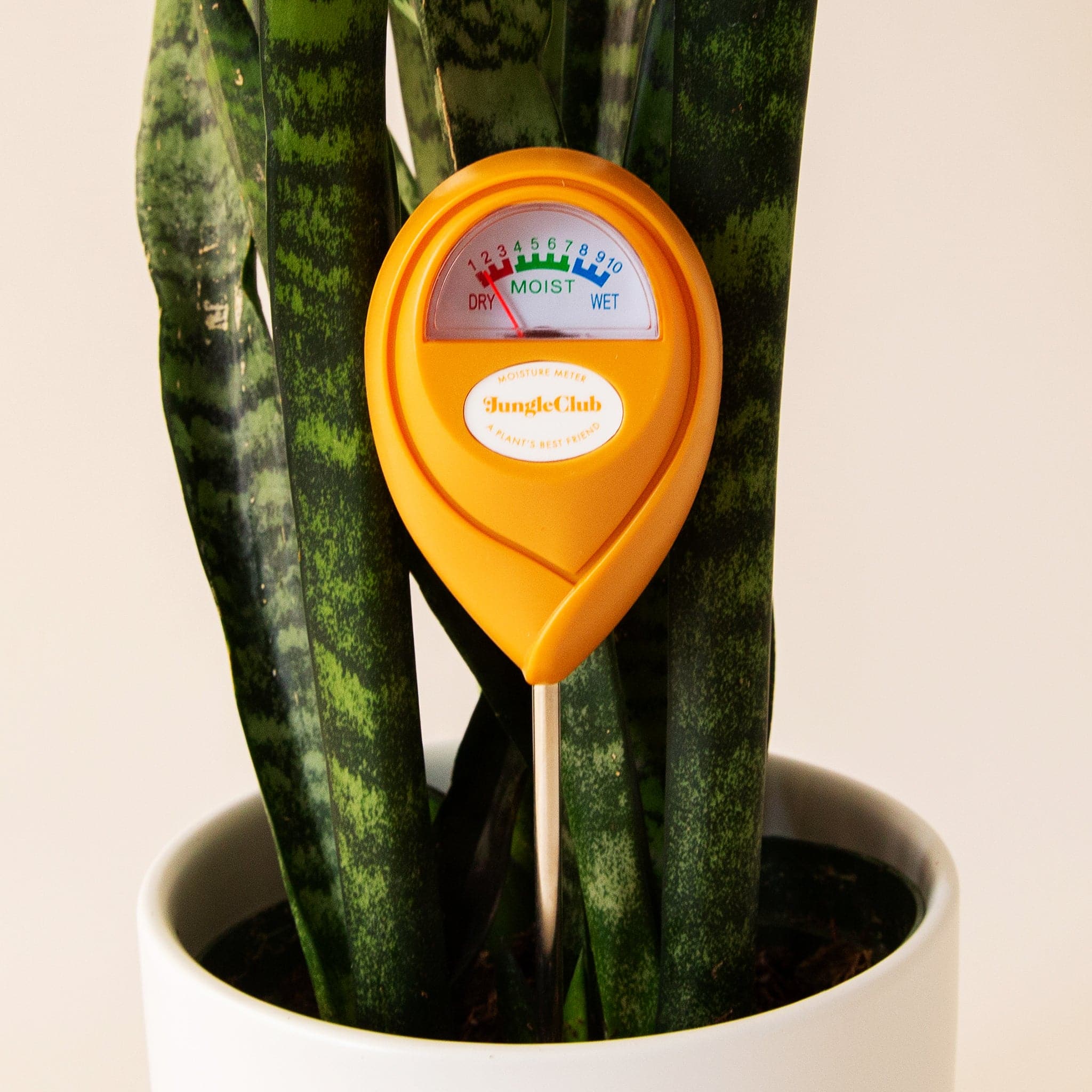The Ultimate Overview to Choosing the Right Moisture Meter for Your Needs
The Ultimate Overview to Choosing the Right Moisture Meter for Your Needs
Blog Article
The Ultimate Guide to Wetness Meters: A Comprehensive Introduction and Exactly How They Can Save You Cash
In the world of structure upkeep, building, and different markets, the importance of accurately measuring moisture degrees can not be overstated. Dampness meters function as vital devices in detecting and monitoring moisture content in products, assisting in stopping costly damages and ensuring the high quality of items. Understanding the subtleties of different kinds of moisture meters, their applications, and the prospective cost-saving advantages they provide can be a game-changer for businesses and experts alike. Uncovering how these tools can not only simplify processes however additionally add to monetary cost savings is a trip worth starting.
Kinds Of Dampness Meters
Different kinds of wetness meters are readily available for various applications in different sectors. One usual kind is the pin-type moisture meter, which measures the electrical resistance in between two pins inserted into a material. This type is appropriate for timber, drywall, and various other structure products. Pinless dampness meters, on the various other hand, usage electromagnetic sensing unit plates to scan a bigger area without triggering damages to the material's surface. Moisture Meter. These meters are excellent for quickly assessing moisture degrees in huge areas such as floors and walls.

Furthermore, there are likewise specialty dampness meters created for particular materials like hay, grain, or soil. These meters provide exact moisture analyses tailored to the unique properties of the product being evaluated. Infrared dampness meters determine the thermal buildings of a product to determine its wetness content non-invasively, making them beneficial for applications where pin or pinless meters may not be ideal. Understanding the different kinds of wetness meters readily available can assist sectors choose one of the most appropriate device for their details wetness dimension needs.

Advantages of Using Moisture Meters
Moisture meters use invaluable advantages in properly checking and assessing moisture degrees in varied products and settings (Moisture Meter). One of the main benefits of utilizing dampness meters is the prevention of potential damage triggered by excess dampness. By detecting and dealing with high moisture levels early, dampness meters help to stop mold growth, rot, and structural damage in buildings, saving both time and money on repairs. Furthermore, wetness meters help in making sure the top quality of products throughout building or production processes. By precisely measuring moisture material, these tools assist preserve the stability of timber, drywall, concrete, and various other products, reducing the threat of failings or flaws.
Moreover, using dampness meters can lead to increased power efficiency. In farming settings, wetness meters play an important role in optimizing crop returns by allowing farmers to keep track of dirt dampness levels and make notified watering choices.
How to Select the Right Dampness Meter
When picking a wetness meter, it's vital to guarantee that the meter is suitable for the details product you will be testing. Different products have varying electric properties that can influence wetness readings, so picking a meter developed for your material is vital for precise results. By meticulously examining these aspects, you can choose a dampness meter that meets your demands and supplies accurate dampness dimensions for your projects.
Correct Methods for Moisture Meter Use

Cost Savings Via Moisture Meter Applications
Just how can the calculated utilization of moisture meters result in considerable cost financial savings throughout various markets? Moisture meters play an essential role in price financial savings by avoiding possible damages and ensuring high quality control in various industries. In the farming industry, moisture meters help in establishing the ideal time for harvesting plants, stopping over-drying or excess moisture that can impact the last product's quality. This specific surveillance assists farmers prevent unnecessary losses and maximize their return.
Similarly, in construction, moisture meters aid avoid pricey damages by discovering moisture degrees in building products, such as wood or concrete, which can lead you can try these out to architectural issues if not addressed without delay. By determining issue locations beforehand, professionals can take restorative measures to avoid comprehensive fixings or replacements, eventually conserving money and time.
Furthermore, in the food processing market, moisture meters are important for checking item quality and guaranteeing compliance with security guidelines. By properly measuring moisture content in food, producers can stop perishing, keep quality, and reduce visit the site waste, resulting in significant cost savings. Overall, the strategic application of moisture meters is an important investment that can result in considerable cost reductions and improved efficiency throughout numerous sectors.
Verdict
Finally, dampness meters are beneficial devices for measuring and spotting moisture levels in numerous products. By using the best wetness meter and complying with proper techniques, individuals can efficiently avoid costly damages brought on by excess dampness. Buying a top quality dampness meter can cause considerable price financial savings in the future by determining possible problems at an early stage and enabling punctual remediation. Ultimately, dampness meters are necessary instruments for keeping the stability and longevity of products and structures.
Dampness meters serve as essential devices in finding and keeping track of moisture content in products, aiding in protecting against costly damages and making certain the high quality of items. Infrared moisture meters determine the thermal buildings of a material to determine its wetness content non-invasively, making them helpful for applications where pin or pinless meters might not be ideal.Wetness meters supply indispensable benefits in precisely monitoring and assessing dampness levels in varied materials and settings. In agricultural setups, dampness meters play an essential role in enhancing plant yields by making it possible for farmers to monitor soil wetness degrees and make notified watering choices.In final thought, moisture meters are useful devices for gauging and detecting moisture levels in various products.
Report this page